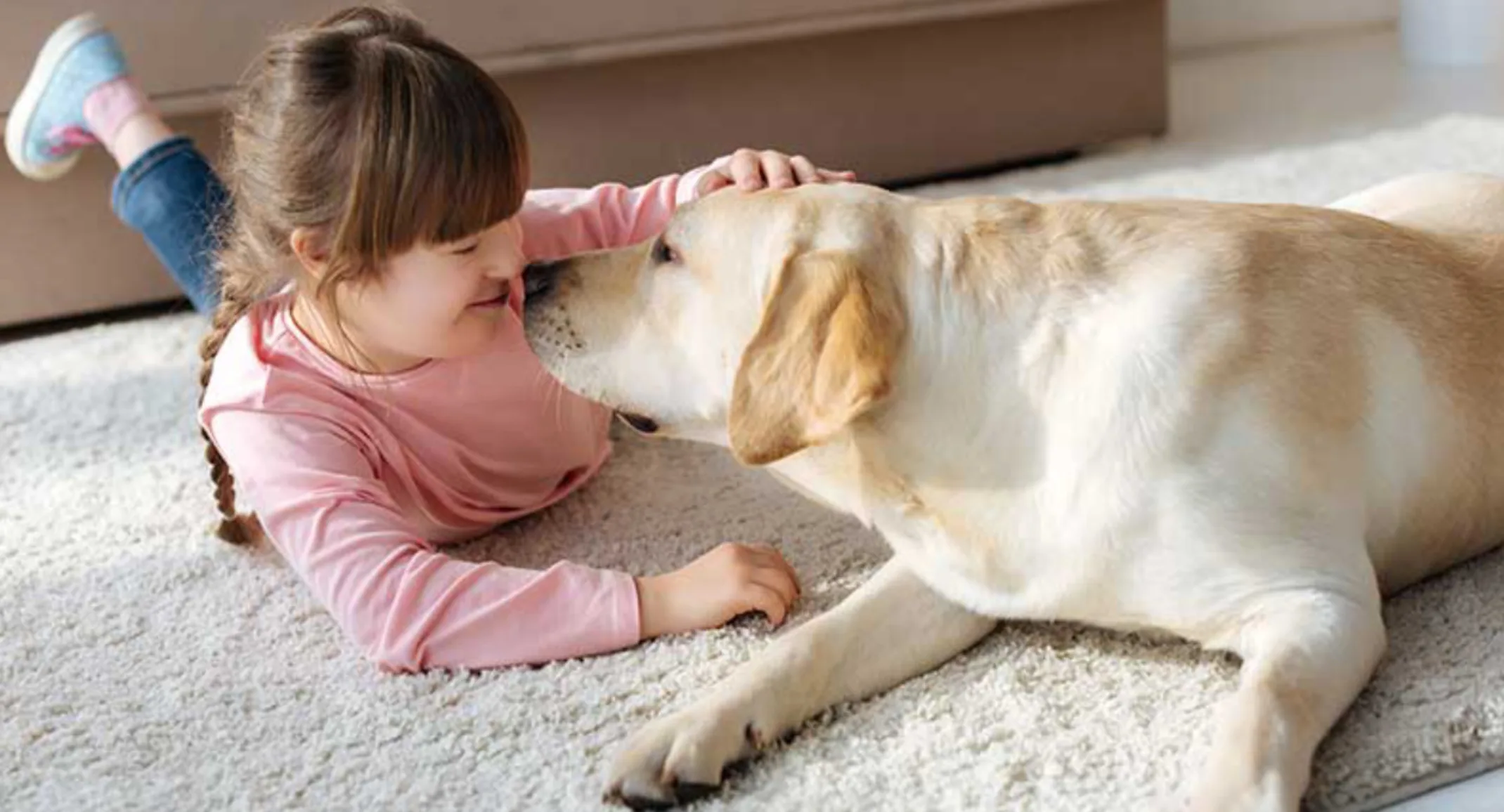Why is my Dog Coughing?
General

There are multiple reasons a dog may cough. In younger and middle-aged dogs, a disease known as Kennel Cough is very common and highly infectious between dogs. Kennel Cough is caused by a collection of viruses and sometimes bacteria that infect and irritate the upper airways. Dogs acquire the disease by interacting with other, infected dogs. Kennel Cough can lead to pneumonia, an infection of the lower airways. Dogs with pneumonia may cough very similarly to those with just Kennel Cough. A version of pneumonia known as aspiration pneumonia can also occur secondary to vomiting or regurgitation, so dogs with chronic or recent stomach upset are at risk. A deadly virus known as Distemper can also cause dogs to cough, although immunization against this disease is part of the modern core vaccination protocol. Coughing can also be caused by something being lodged in the back of the mouth or the throat, such as a foxtail or blade of grass. Finally, older dogs may be suffering from a primary respiratory disease, such as a collapsing trachea or bronchitis, heart disease, or certain cancers.
How do we figure out what is causing my dog to cough?
Kennel Cough is suspected in an otherwise healthy dog that is only coughing after recently interacting with another dog that was coughing. Radiographs (x-rays) of the chest are typically recommended to ensure that a secondary pneumonia has not developed, but in animals, without evidence of increased respiratory effort, this is not always necessary. Dogs that have recently been interacting with a large amount of foxtails or grass may require a sedated oral exam to identify and remove any plant material lodged in the upper airways, as well as chest radiographs to ensure no signs of plant material in the lungs. Finally, older dogs with suspected primary respiratory disease, heart disease, or lung cancers should have radiographs completed to diagnose and assess the extent of these diseases, as well as blood work to ensure they are otherwise healthy and can receive appropriate therapies.
How do we treat my dog’s cough?
In the young, otherwise healthy coughing dog, a virus is most commonly responsible for his or her Kennel Cough. If, after a 10-day waiting period, the dog has not improved, or if he or she develops mucoid or purulent nasal discharge at any time, a bacterial infection becomes more likely, and a 7-10 day course of antibiotics may prove beneficial. Dogs that have plant material lodged in their upper airway can typically have this material removed with a simple sedated upper airway exam. However, if chest radiographs show evidence of plant material lodged in the lungs, general anesthesia and endoscopy may be required to retrieve the material. Finally, older dogs with evidence of primary respiratory disease, heart disease, or lung cancer, will have to receive appropriate therapies, which may include steroids, diuretics, cough suppressants, other therapies, hospitalization, and referral to a specialist.
